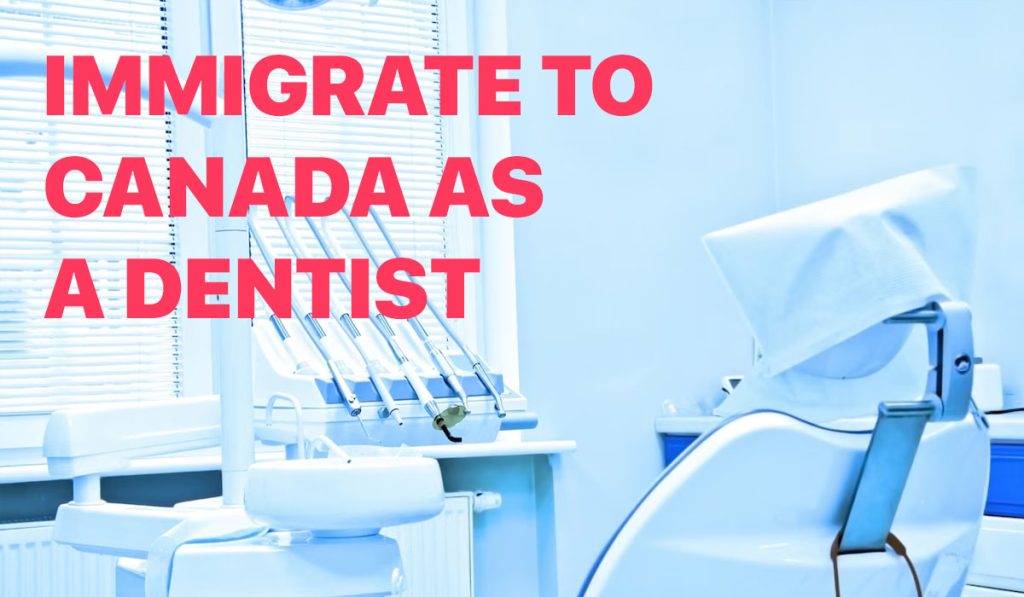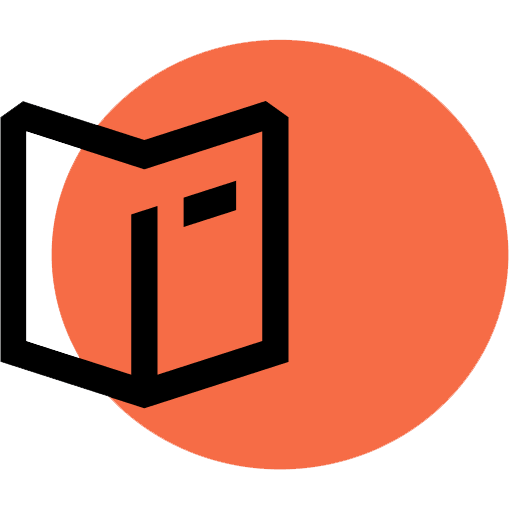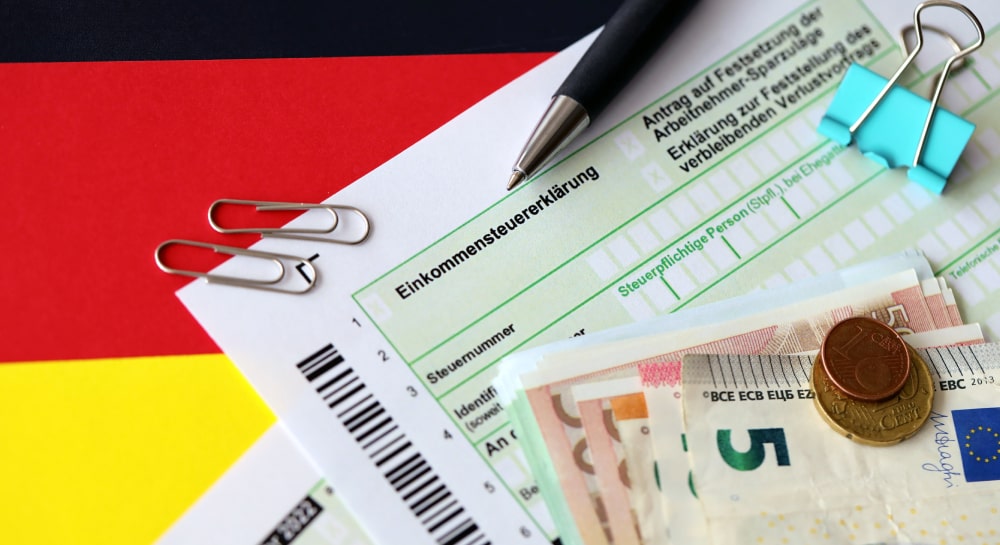Canada is one of the first options that comes to mind if you plan to immigrate to Canada as a dentist. Why? It has so many benefits and good features that people desire. They need skilled workers in many fields and specialty healthcare services and dentists. Since there is a demand for dentists in Canada, let us tell you how to work as a dentist in Canada and their salaries.
Can an International Dentist Work in Canada?
Yes, an international dentist can work in Canada. The NOC code for dentists in Canada is 31110. Canada accepts foreign-trained dentists, but they must first pass the NDEB equivalency process, which includes exams and possibly additional training, to obtain a license to practice in Canada.
Is Dentistry a Good Career in Canada?
Working as a dentist in Canada is one of the most highly respected and lucrative careers. It affords its professionals strong job stability, high earning potential, and the opportunity to work in private clinics, hospitals, and research facilities.

How to Immigrate to Canada as a Dentist?
The Canada dentist immigration process has many essential steps you should follow. Let’s see how to have a dental work in Canada:
- Confirming Your Eligibility
- Credential Assessment
- Applying for Certification
- Licensing
- Choosing an Immigration Pathway
- Preparing for Arrival
- Settling in Canada
Step 1. Confirming Your Eligibility
First, ensure you meet the basic dentist requirements in Canada: To confirm your eligibility to work as a dentist in Canada, you’ll need to meet several detailed requirements:
- Being proficient in English or French
- English: You can take the IELTS (IELTS score for dentists in Canada is a minimum score of 6.0 in each component) or the CELPIP (a minimum of 7 in each component).
- French: You can take the TEF. You should score at least 310 in reading, 310 in listening, 249 in writing, and 310 in speaking.
- Your dental degree should be from a recognized institution accredited by the Commission on Dental Accreditation of Canada (CDAC). The CDAC maintains a list of accredited dental programs from Canada, the United States, and a select few other countries.
- You must submit your educational and professional documents to the NDEB for verification.
- Depending on your credential assessment, you might be required to undergo additional training or pass certain examinations.
Step 2. Credential Assessment
To immigrate to Canada as a dentist, you’ll need to get your dental credentials assessed. The National Dental Examining Board of Canada (NDEB) assesses your dental credentials. Let’s see how:
- Create a profile on the NDEB portal. You can use it to submit your application and track your credential assessment.
- Please complete the application form for your credentials to be assessed. You will need to provide your personal information, educational history, and details about your dental training.
- Gather and submit your documents. They must include your dental degree certificate, transcripts detailing your dental education, a passport-sized photo, and identification documents. If your documents are not in English or French, you might need the notarized translations.
- Pay the required fee for an assessment. It typically ranges from approximately CAD 1,100 to CAD 1,200.
- After application submission, the NDEB will verify your credentials with the respective educational institutions and authorities. It typically requires about 4 to 6 months.
- Once verified and assessed, the NDEB will inform you of the results. If accepted, you can proceed to the next step. If not accepted, the NDEB will provide specific instructions on what to do.
Step 3. Applying for Certification
The next step is to obtain a certification from the NDEB. You can register for the necessary Canada dental exam for foreign dentists through your NDEB online profile. The main exams include the Written Examination and the Objective Structured Clinical Examination (OSCE). The Canada dental license exam cost for the Written Examination is approximately CAD 800 to CAD 1,000 and around CAD 2,500 to CAD 3,000 for OSCE.
The Written Examination and the OSCE are critical to immigrate to Canada as a dentist. The Written Examination is a multiple-choice test. It covers topics related to dentistry to assess theoretical knowledge. The OSCE is a practical exam. It uses a simulated environment to evaluate your clinical skills, decision-making, and problem-solving abilities.
To apply for the Canada dental license exams, you must first have your qualifications recognized. Then, go to your NDEB online portal, register, and choose from available exam dates. Finally, pay the registration fees.
Resources for preparation are available on the NDEB website, and results are posted online in your NDEB profile after your exam. Use study guides and past exam papers, and possibly enroll in review courses. After taking the exams, you will receive your results. If you pass all required examinations, you move to the next step. If not, you may need to retake the exams.
After you get the results, you can start the rest of the certification process:
- You must formally apply for certification. Access the NDEB’s online portal where you initially registered for exams. Here, you can complete and submit the certification application form.
- You also need to provide additional documents:
- Evidence of identity like a passport or driver’s license.
- Copies of your degrees and transcripts
- Copies of your NDEB exam results
- A payment receipt of your certification fee. It typically ranges from CAD 300 to CAD 500.
- The NDEB will verify the information and documents. The process generally takes about 4 to 6 weeks.
- Once approved, the NDEB will issue your certification. This document is crucial to apply for a license to practice dentistry in Canada.
- Once you get your certification, make sure you keep your NDEB information up to date. Any changes should be promptly reported.
Step 4. Licensing
To immigrate to Canada as a dentist, you need a license in the province or territory where you intend to practice. To obtain a license to practice dentistry in Canadian provinces, you’ll need to do the following:
- Identify the DRA (Dental Regulatory Authority) in the region where you intend to practice.
- Each DRA has different licensing requirements. You might need more paperwork, proof of working in Canada, a criminal record check, or a provincial or territorial assessment.
- Complete the licensing application form with your detailed personal information, educational background, NDEB certification details, proof of identity (e.g., passport), language proficiency test results, and other credentials as specified by the DRA, and sometimes proof of professional liability insurance.
- Pay the licensing fee, which ranges from CAD 1,000 to CAD 2,000, depending on the province or territory.
- The processing can take from 4 to 8 weeks. Some DRAs require further assessments, such as jurisprudence exams or interviews.
- Once approved, the DRA will issue your license, allowing you to practice dentistry in that region.
Step 5. Choosing an Immigration Pathway
Canada offers several immigration pathway options for foreign trained dentists in Canada. To immigrate to Canada as a dentist, you’ll typically follow the detailed steps of Canada PR for dentists:
- Choose your immigration pathway based on your qualifications and professional background. Key options include:
- Express Entry. This program is for skilled workers who can contribute to Canada’s economy.
- Provincial Nominee Programs (PNP). Those with skills, education, and work experience can contribute to a province or territory.
- Healthcare Professional Streams. Some provinces have specific streams for healthcare professionals, including dentists.
- Prepare your documents to support your application:
- Passport or travel documents
- Proof of work experience
- Language test results
- Educational Credentials Assessment (ECA)
- Offers of dentist jobs in Canada (if applicable)
- Submit your application through the appropriate online platform, such as the Express Entry portal or a provincial nomination portal.
- Pay the application fee:
- Express Entry for dentists in Canada is CAD 1,325 for the primary applicant.
- PNP ranges from CAD 250 to CAD 2,000, depending on the province.
- Wait for application processing.
- Express Entry typically takes 6 months.
- PNP for dentists in Canada can range from a few months to over a year.
- If successful, they will give you an Invitation to Apply (ITA) for permanent residence.
- You will need to complete any remaining steps, such as providing additional documents or attending an interview.
Step 6. Preparing for Arrival
Prepare to move to Canada as a dentist. Here are some key areas to focus on:
Banking
Setting up a bank account is crucial. Famous banks in Canada include:
- Royal Bank of Canada (RBC)
- Toronto-Dominion Bank (TD)
- Bank of Nova Scotia (Scotiabank)
- Bank of Montreal (BMO)
- Canadian Imperial Bank of Commerce (CIBC)
Housing
Popular websites that properties include:
- Realtor.ca
- Kijiji.ca
- Zumper.com
- RentBoard.ca
- PadMapper.com
Health Insurance
The provinces and territories provide health insurance in Canada, but private companies also offer supplementary health insurance. Here are some well-known health insurance companies:
- Manulife
- Sun Life Financial
- Blue Cross
- Great-West Life
- Green Shield Canada
Professional Insurance
The best thing you can do as a dentist is get professional liability insurance. You can find out more by contacting the Canadian Dental Protective Association (CDPA) or a similar organization.
Utilities and Services
Set up essential services like electricity, water, and internet. Since services and companies vary, check local providers.
Step 7. Settling in Canada
After you immigrate to Canada as a dentist, you’ll need to complete several registrations and set up various aspects of your practice:
Provincial Dental Regulatory Authority
To practice dentistry, you have to register with the dental regulatory authority in your province. It’s mandatory for all dentists in Canada. To apply, you need to fill out detailed application forms and submit documents like your NDEB certificate, proof of identity, and credentials. In general, registration fees range from CAD 1,000 to CAD 2,000.
Jurisprudence Examination
In some provinces, prior to becoming a dentist, you are required to pass a jurisprudence examination covering the laws and regulations that pertain to the practice of dentistry in that specific jurisdiction.
Canadian Dental Association (CDA)
There is no requirement to register as a CDA member, but joining the CDA can provide benefits such as access to professional development resources, practice management tools, and insurance options.
Provincial Dental Association
You can take advantage of additional local resources, networking opportunities, as well as professional development courses by joining your provincial dental association, just as you did with the CDA.
Cost of Living for Dentists in Canada
The cost of living for foreign dentists in Canada can differ widely based on the location and lifestyle. Generally:
- Housing costs CAD 1,000 per month for a small apartment in less expensive areas. It is about CAD 3,000 for larger properties in major cities.
- The monthly utilities and miscellaneous costs can range from CAD 500 to CAD 1,500.
- Professional expenses, including licensing fees, association dues, insurance, and continuing education, can amount to several thousand dollars annually.
Jobs for Foreign-Trained Dentists in Canada
Dentist jobs in Canada for foreigners include:
- Public Health Dentist
- Dental Consultant
- Dental Surgeon
- Dental Assistant
- Dental Receptionist
- Dental Sales Representative
- Dental Technician
- Dental Hygienist
- Oral Health Educator
- Dental Office Manager
- Dental Lab Technician
- Clinical Coordinator
- Dental Researcher
How Much Can Dentists Make in Canada?
The average income for a dentist in Canada is around CAD 116,595 per year. The dentist pay in Canada can range significantly based on experience, location, and specialty.
- Dentist Salary in Ontario. Dentists in Ontario, Canada, typically earn an average of CAD 117,000 per year.
- BDS Salary in Canada. On average, they earn about CAD 116,595 per year and can reach up to CAD 208,000 with experience and additional credentials.
- Pediatric Dentistry Salary in Canada. It can earn an average of CAD 220,000 annually.
- Orthodontics Salary in Canada. They typically earn more than general dentists.
- Other Specialties. Other dental specialties like endodontics, periodontics, and oral surgery also tend to have higher earnings compared to general dentistry.
Where in Ontario do dentists make the most money?
Dentists earn the most in major urban centers because of higher living costs and higher demand for specialized dental services. You’re more likely to earn more in places like Toronto and Ottawa.
Are dentists highly paid in Canada?
Yes, as a dentist in Canada, you’re paid very well due to the specialized nature of your work and the demand for dental care.
Where do dentists make the most money?
In Canada, urban areas like Toronto, Vancouver, and Calgary offer higher salaries due to greater demand and higher costs of living.
What is the Best Place to Work as a Dentist in Canada?
There are a lot of factors to consider when choosing the best place to work as a dentist in Canada, like demand for dental services, salary, cost of living, and lifestyle preferences. There are lots of opportunities in urban centers like Toronto, Vancouver, and Calgary, but they’re more expensive.
Which Province is Best for Dentists in Canada?
There’s a lot of demand for dental services in Ontario and British Columbia, so they’re among the best provinces for dentists. Alberta also has competitive salaries and a lower cost of living, so it’s worth checking out.
Best Cities to Work as a Dentist in Canada?
Dentists love Toronto, Vancouver, and Calgary because of their size, diversity, and robust healthcare infrastructures. Jobs are available in both the public and private sectors in these cities. Smaller cities like Halifax and Saskatoon are also attractive because they’re cheaper.
Is a BDS Degree Valid in Canada?
In Canada, a Bachelor of Dental Surgery (BDS) degree from countries outside of Canada and the U.S. is generally not recognized directly. A BDS in Canada must undergo an assessment by the National Dental Examining Board of Canada (NDEB), and the holder must complete additional qualifying or degree completion programs to practice in Canada. This process ensures that their training meets Canadian standards.
Immigrate to Canada as a Dentist: Let’s Recap
This Visa Library article explained how to immigrate to Canada as a dentist. You learned the requirements, the process, eligibility principles, salary, immigration programs, and so much more information. This is your guideline to immigrate to Canada as a dentist.
If you have any questions, write them down in the comment section. The Visa Library team will answer them. You can also use our free consultation services.
FAQs
The average age of dentists in Canada typically ranges from mid-30s to early 40s.
An Indian dental degree is not directly valid in Canada; holders must pass equivalency exams and meet local licensing requirements.
Yes, dentistry is competitive in Canada, with rigorous academic and practical requirements for admission to dental schools.
Indian dentists must undergo an assessment by the NDEB, pass certification exams, and obtain a license from the provincial dental board.
Job availability varies by region, but generally, there is a steady demand for dentists, especially in underserved areas.
Australian dentists can work in Canada but must first pass the NDEB equivalency process and meet provincial licensing requirements.
How useful was this article?
Click on a star to rate it!
Average rating 5 / 5. Vote count: 2
No votes so far! Be the first to rate this article.
- Author
- Max-B.
- August 2, 2023






